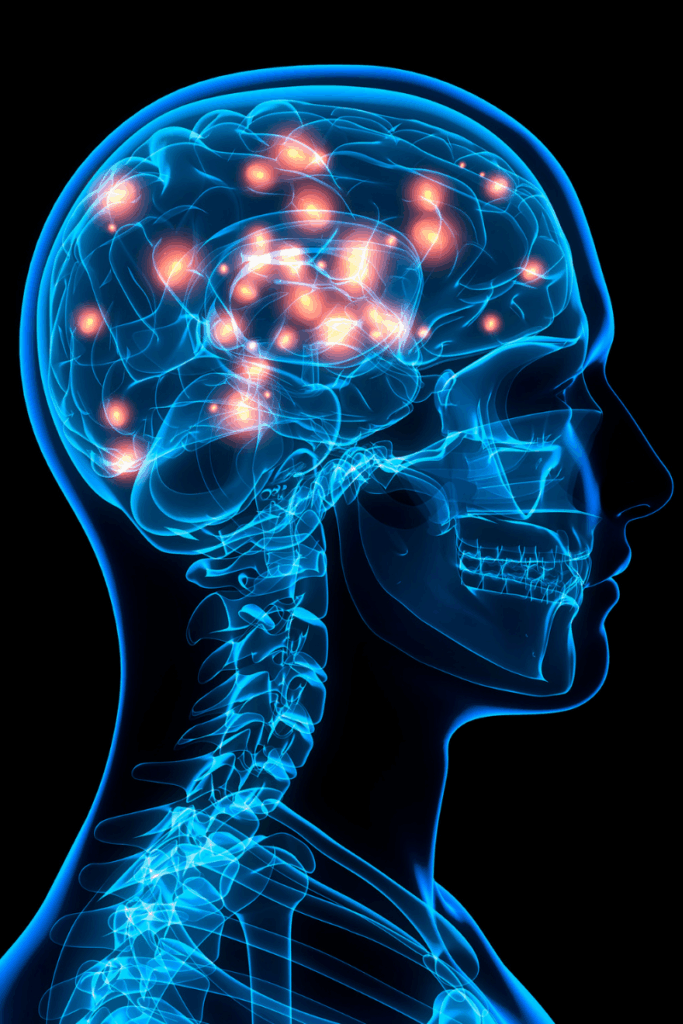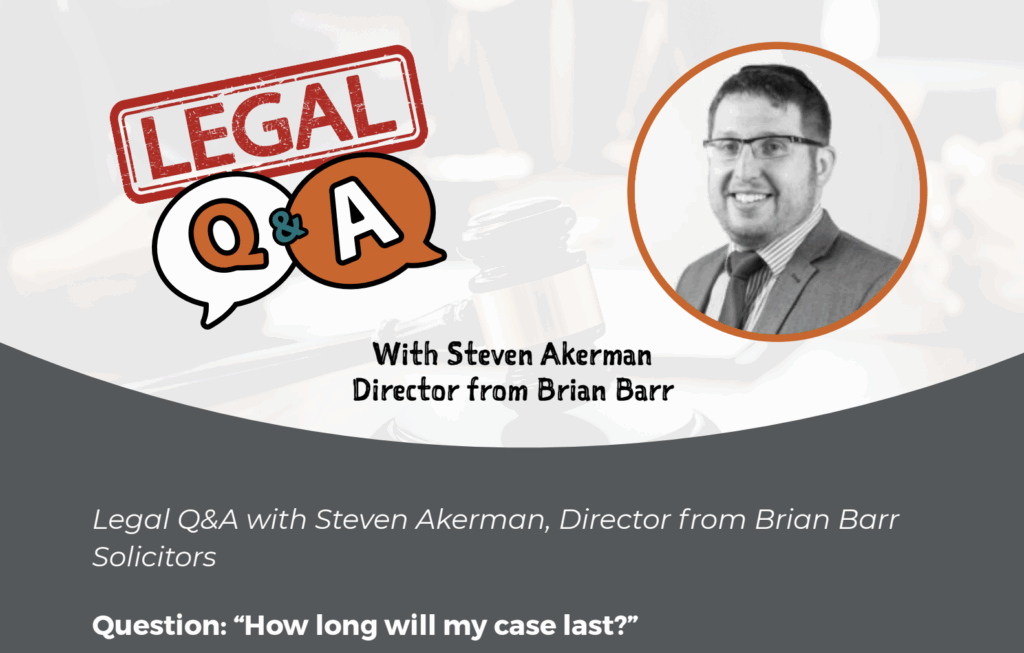Confused, mixing up words, forgetful, severe short-term memory problems, even complete loss of speech – many people with complex regional pain syndrome (CRPS) experience cognitive difficulties, alongside their painful symptoms.
Commonly referred to as ‘brain fog’, sufferers say the benign symptom is one of the most debilitating and embarrassing side-effects of the chronic condition. Brain fog is a very common complaint amongst patients with CRPS. In this blog, we look at why and how it occurs and highlight some positive steps to cope with it.
Imagine your brain is filled with marshmallow. Every idea, every action, every thought, and every nerve impulse must find its way through that marshmallow before it can go anywhere else. That’s how many CRPS sufferers describe brain fog.
Although there is no conclusive evidence as to why it occurs, studies have confirmed that cognitive function – or how well the brain works – has a direct link to high pain levels. There is also a connection to chronic fatigue, which many CRPS patients also suffer with. Unsurprisingly, concentration is difficult when you are also experiencing severe pain, unable to sleep and experiencing sensory overload.
Many CRPS sufferers think they are losing their mind when they experience the first distressing signs of brain fog; symptoms can range from mild to severe, frequently vary from day to day, and affect different people in different ways.
Brain fog can include:
- Language impairment – difficulty recalling known words, use of incorrect words, slow recall of names
- Short-term memory loss – forgetfulness, inability to remember what’s just been read, heard or said
- Directional disorientation – not recognising familiar surroundings, easily becoming lost, having trouble recalling where things are
- Multi-tasking difficulties – inability to pay attention to more than one thing, forgetting an original task when distracted
- Confusion – trouble concentrating and processing information
- Difficulty with numbers – struggling to perform basic maths, remembering numbers and sequences
That ‘marshmallow’ slows thought processes, blocks memory retrieval and formation, and even interferes with coordination and fine motor movement. However, all that said, there are positive steps and various coping mechanisms that sufferers can adopt to help ease the symptoms. These include:
- Supplements – Citicoline, Ginkgo Biloba, salmon oil, krill oil, vitamin B complex and magnesium are amongst those said to support brain function.
- Relaxing activities – yoga, tai-chi and meditation can improve problems with sleep, fatigue, poor memory and anxiety, all of which are linked to brain fog.
- Avoiding over-stimulation – chronic pain patients are sensitive to noise, light and sensory input coming from more than one source at the same time.
- Writing things down – making notes can help ease the pressure to try and remember.
- Getting out – studies revealed people who walked through a wooded park for 15 minutes significantly improved their performance on an attention test.
- Picking your moment – carry out tasks that require concentration and mental clarity during the hours you are sharpest.
- Organise your life and surroundings – chaos makes brain fog worse.
- Try and eat regularly and more healthily – for some people, brain fog may be triggered by lack of nutrition.
- Train your brain – the natural healing ability of the brain can be encouraged by brain training activities available in books or to download on to phones and computers.
Perhaps most importantly, be kind to yourself and accept that some days will be better than others. Here at Brian Barr, we are not medical experts, however, as CRPS solicitors, we have vast experience of complex regional pain syndrome. If you have developed CRPS due to an accident or injury that wasn’t your fault, you could be entitled to CRPS compensation. If you would like to discuss this in further detail with our accident solicitors in Manchester, call us for free on 0808 123 0003 or click here to fill in our online contact form.
We do not endorse any research, studies or sources mentioned within our blogs and comments. Furthermore, we do not endorse any medical advice provided, and would strongly recommend anyone seeking medical advice to contact their local healthcare provider.
















